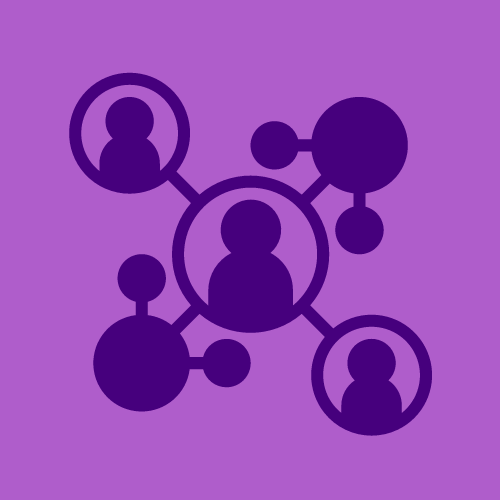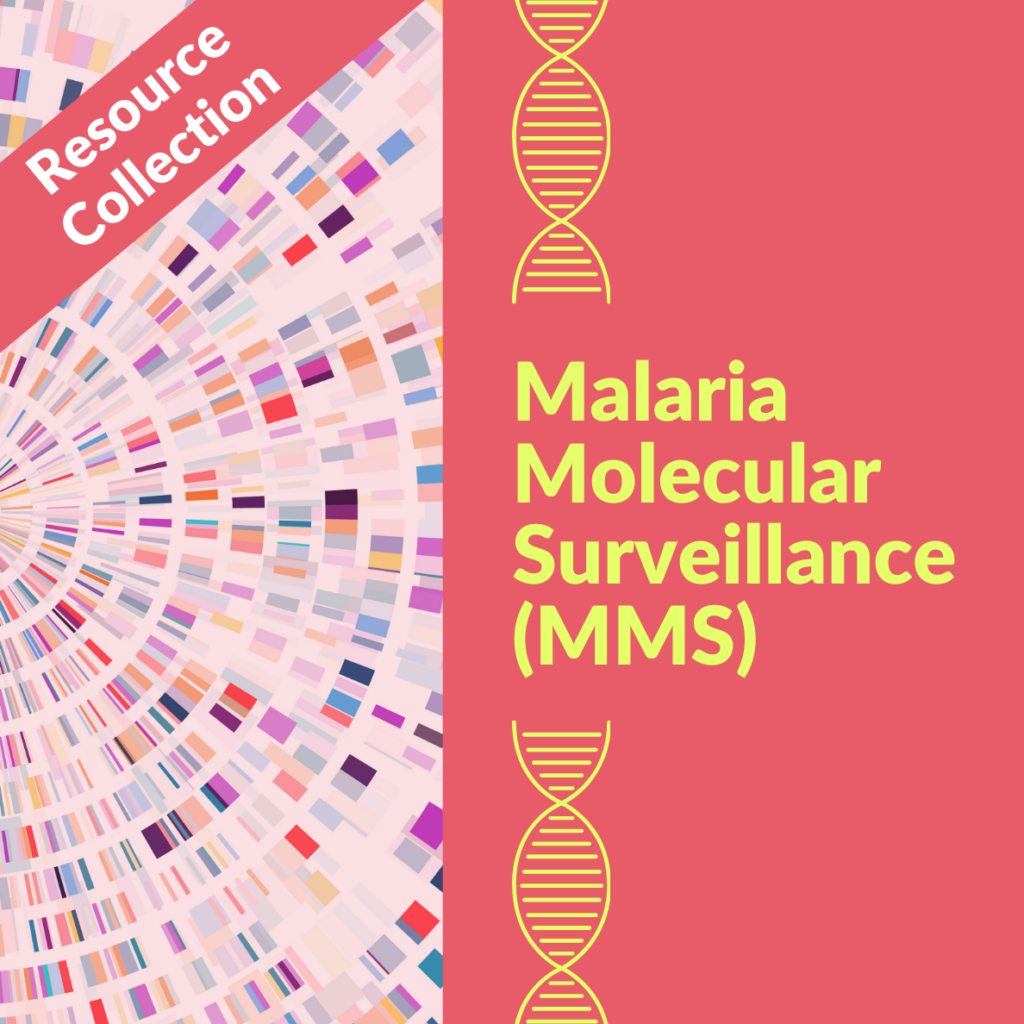COLLECTION

INITIATIVES, HUBS & NETWORKS
e.g. research consortiums, platforms, associations, hubs…
Malaria-specific initiatives
A space for interaction among national malaria programs, researchers, and partners involved in the implementation of surveys for the detection of pfhrp2/3 gene deletions
[hosted by MESA]
Peruvian and overseas expert malaria researchers aiming to translate scientific findings into malaria elimination strategies that can be implemented in the public health system
Global community of researchers using state-of-the-art tools and techniques to understand how genetic variation in humans, Plasmodium parasites, and Anopheles mosquitoes affects the transmission of malaria
Network of scientists who have come together since 2018 to address challenges in malaria genomic epidemiology
Collaborative platform generating innovative resources and reliable evidence to inform the malaria community on the factors affecting the efficacy of antimalarial medicines
Cross-cutting initiatives
A recently established institute that aims to lead the bioinformatics field on the African continent by developing sustainable research infrastructure and streamlining related work. More details provided in this Information Session.
Initiative of the Africa CDC to build and strengthen a resilient, integrated, proactive, and sustainable molecular diagnostic, genomic surveillance and epidemiology ecosystem in Africa.
Asia PGI was established with the support of the Bill & Melinda Gates Foundation to leverage scientific and technical partnerships in Singapore and across Asia.
Established by leading experts across the Asia-Pacific region to advance public health through the utilisation of pathogen genomics.
Initiative to study the genomics and medical genetics of African people.
Includes H3ABioNet: a network established to develop bioinformatics capacity in Africa and specifically to enable genomics data analysis by researchers across the continent.
IPSN is a global network of pathogen genomic actors, brought together by the WHO Hub for Pandemic and Epidemic Intelligence, to accelerate progress in pathogen genomics, and improve public health decision-making.
PAHOGen seeks to integrate genomic surveillance components in Region of the Americas, improve management of resources and installed capacity, accelerate information exchange and jointly strengthen regional emergency response capacity.
Association of researchers from across Africa, which focusses on generating, analysing and utilising pathogen genomic diversity data to improve the health and well-being of all Africans.
Global coalition actively working to establish consensus standards; document and share best practices; improve the availability of critical bioinformatic tools and resources; and advocate for greater openness, interoperability, accessibility and reproducibility in public health microbial bioinformatics.
Established by the Africa CDC to coordinate and integrate all public health laboratory, surveillance and emergency response assets, including public health data, to effectively support prevention, rapid detection and response to current and emerging public health threats within defined geographic regions of Africa.
Sequencing hubs
A centre of the Stellenbosch University aimed at offering affordable genomic services to drive high-level science and epidemic response in Africa.
Established with funding from the National Institute of Allergy and Infectious Diseases (NIAID), the GCIDs provide insights into the biology of microbes, their role in pathogenesis, and their interactions with the host, by supporting a diverse set of genomic capabilities, such as high-throughput sequencing and related genomic technologies.
GSU’s involvement in MMS includes building and maintaining large genomic data resources on malaria vectors and parasites, supporting partners to develop surveillance capabilities locally, and providing training to analyse genomic data [through the MalariaGEN].
Platform for training the next generation of African genomic scientists and contributing to the understanding of circulating health threats, as well as have effective outbreak preparedness and response.
*ACEGID officially evolved into the Institute of Genomics and Global Health (IGH) in October 2024.
Coordinated effort of the University of KwaZulu-Natal (UKZN), the Technology Innovation Agency (TIA) and the South African Medical Research Countil (SAMRC) with objective of using NextGen sequencing and bioinformatics to answer scientific questions that are of local, national and international importance.
